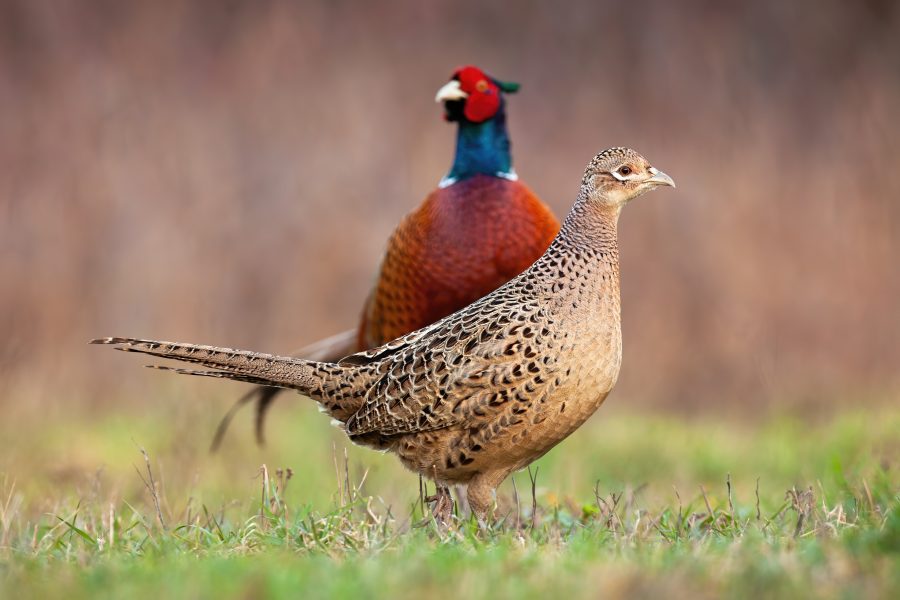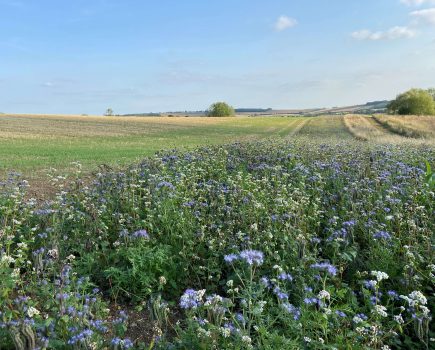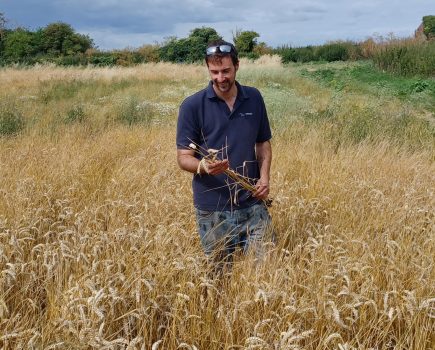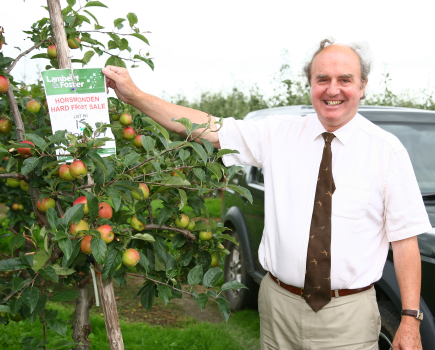The South East seems so far to have escaped the worst impact of the ‘bird flu’ outbreak as DEFRA fights to keep it under control.
While the whole of the country is in an avian influenza prevention zone (AIPZ), requiring poultry keepers to follow strict biosecurity measures, the region has to date avoided the bird housing measures now imposed in other parts of the country.
From 16 February, those measures were extended to cover Herefordshire, Worcestershire, Cheshire, Merseyside and Lancashire in addition to the East Riding of Yorkshire, City of Kingston Upon Hull, Lincolnshire, Norfolk, Suffolk, Shropshire, York and North Yorkshire.
The nationwide AIPZ was put in place by DEFRA towards the end of January “in response to the escalating number of cases of highly pathogenic avian influenza and continued heightened risk levels”. The department has said cases “are increasing in both kept poultry and wild birds across multiple areas of Great Britain”, following the discovery of the first cases of H5N1 and H5N5 in November 2024.
The AIPZ measures apply to all bird keepers, whether they have pet birds, commercial flocks or just a few birds in a backyard flock and are, in DEFRA’s words, “essential to protecting flocks from avian influenza”. Gatherings of birds including ducks, geese, swans, pheasants, partridge, quail, chickens, turkeys and guinea fowl are also currently banned across England.
A 3km protection zone around a premises just outside Rye in East Sussex has now been lifted, following “successful completion of disease control activities and surveillance” and has been replaced by a 10km surveillance zone. All poultry on the premises was culled.
For more like this, sign up for the FREE South East Farmer e-newsletter here and receive all the latest farming news, reviews and insight straight to your inbox.







